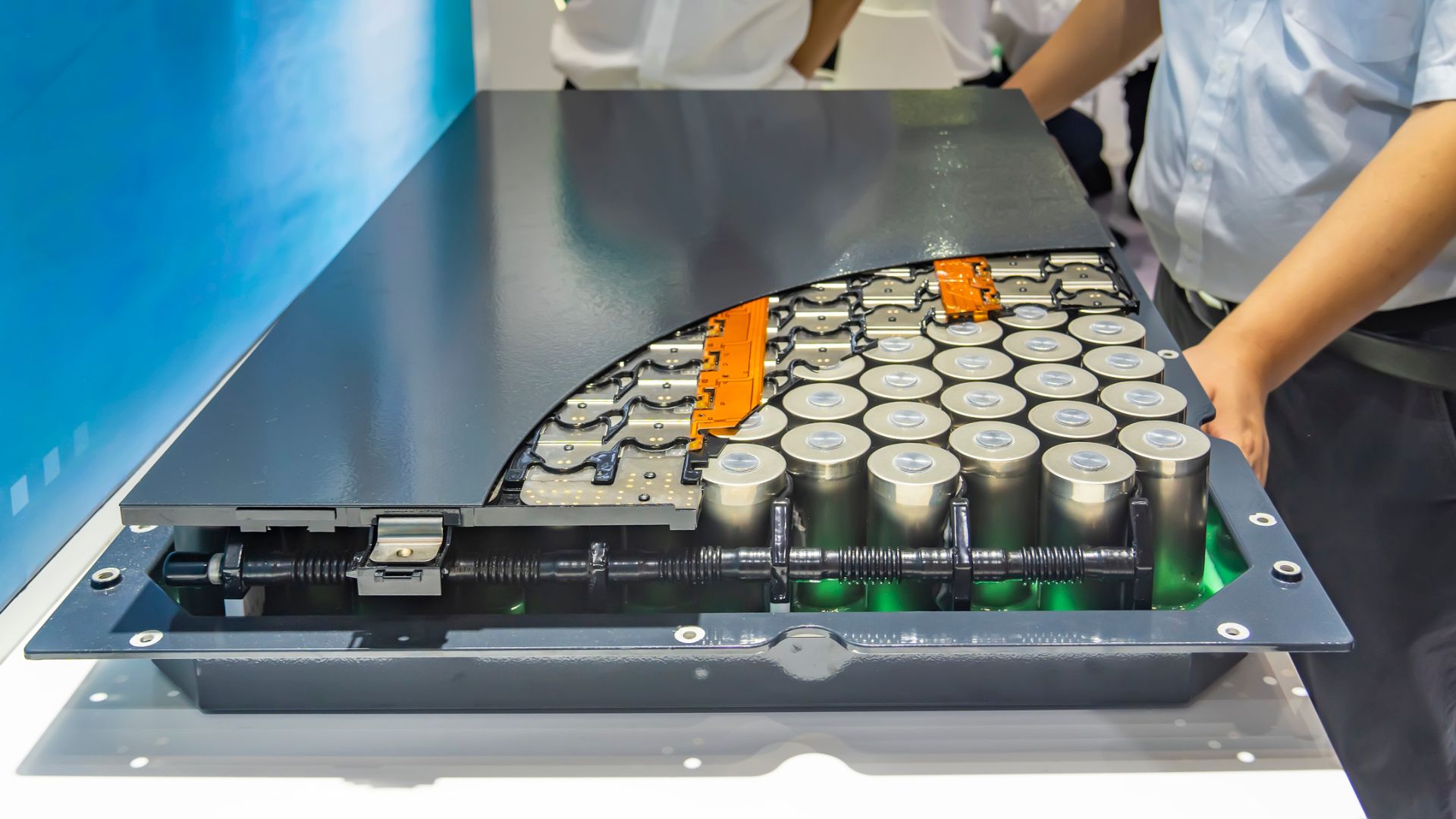- Joined
- Sep 30, 2019
- Messages
- 56,709
- Reaction score
- 87,066
- Gender
- Male
- Political Leaning
- Liberal
Samsung has developed a solid state battery that could give a car a 600 mile range, charge to 80% in 9 minutes, and last 20 years.

 interestingengineering.com
interestingengineering.com
These solid-state batteries are expected to be smaller, lighter, and safer than the lithium-ion batteries currently used in most electric vehicles. They hold significant potential to revolutionize the EV industry.
“All-solid-state batteries can enhance safety by replacing liquid components with solid ones. When used in the same pack size as existing products, they reduce weight and take up less space,” highlighted the company.

Samsung’s 20-year-life EV battery runs 600 miles on 9-minute charge
Samsung's solid-state battery could be the game-changer EVs need, boasting a 600-mile range, 9-minute charging time, and 20-year lifespan.
